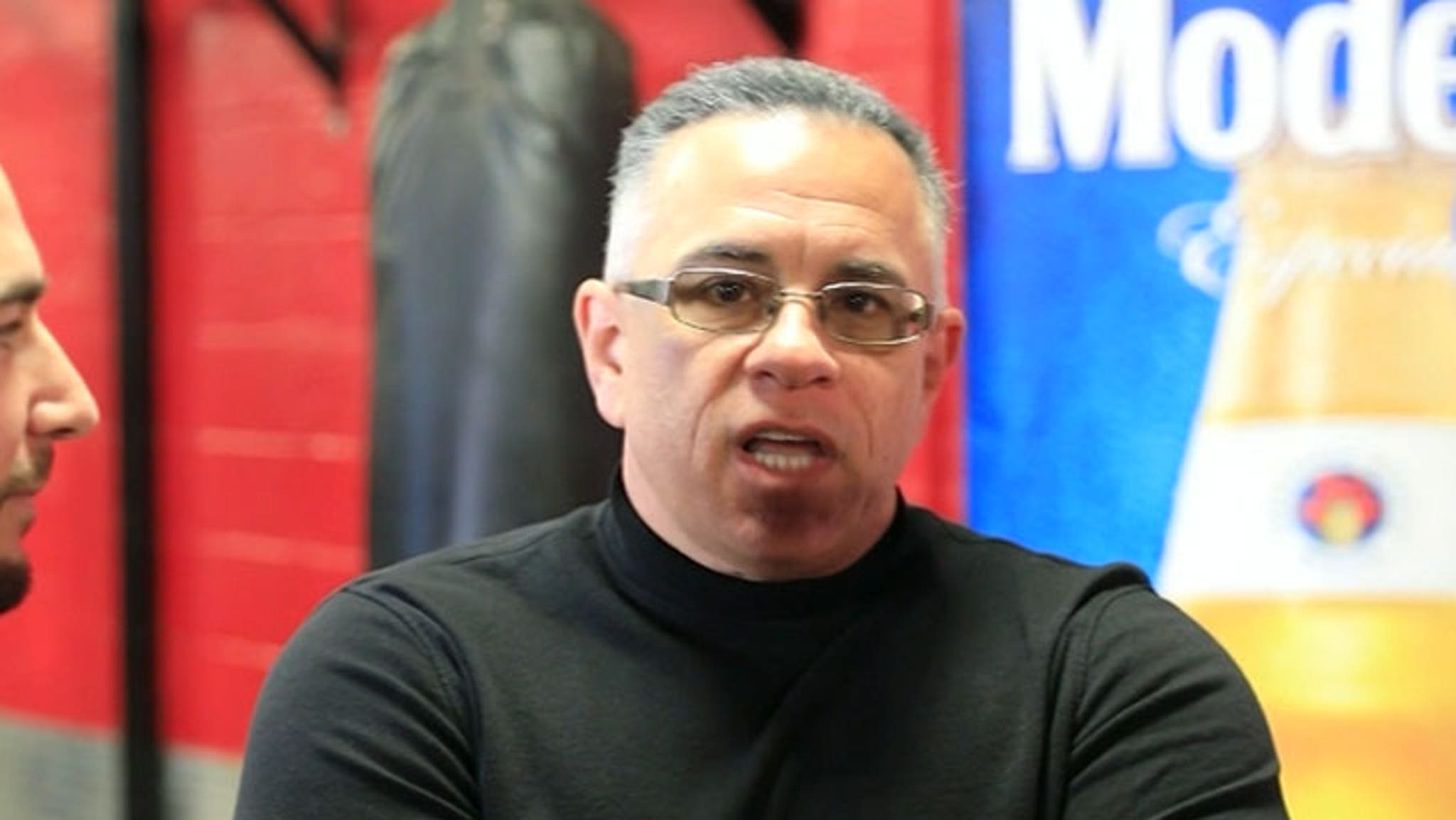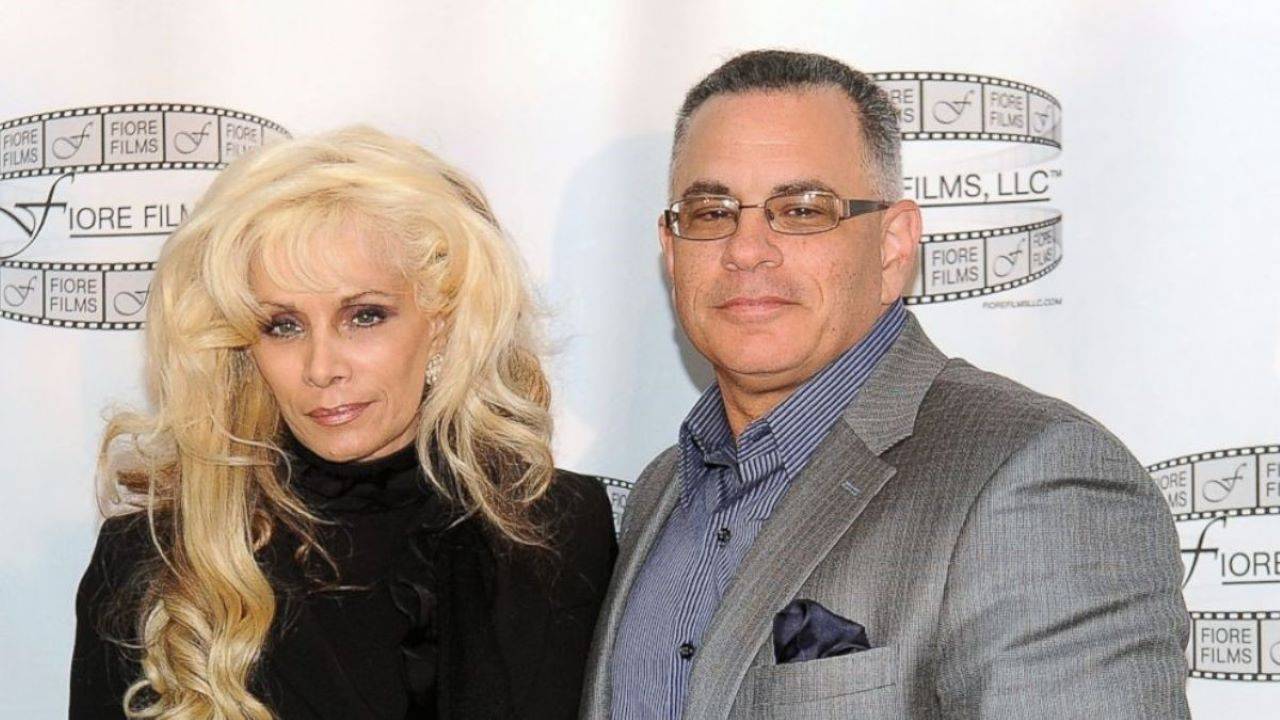John Gotti, one of the most infamous Mafia bosses in American history, continues to capture public interest decades after his death. Known as the "Teflon Don" for his ability to evade convictions in court, Gotti's life was marked by power, crime, and ultimately, a tragic demise. This article delves into the life and legacy of John Gotti, exploring his rise to power, his eventual downfall, and the circumstances surrounding his death.
While Gotti's name is synonymous with organized crime, his story transcends the headlines of illegal activities. His charisma and charm earned him a cult-like following, even as he led a life steeped in controversy. This article will explore the life of John Gotti, from his early days in New York to his final days in prison.
Understanding the events leading to John Gotti's death is crucial for anyone seeking to learn about the history of organized crime in America. By examining his life and legacy, we can gain insights into the inner workings of the Mafia and the consequences of a life lived on the edge of the law.
Read also:Archie Mountbattenwindsor Disability Photos Understanding The Controversy And Facts
Table of Contents
- Biography of John Gotti
- Early Life and Background
- Rise to Power
- The Teflon Don
- The Downfall of John Gotti
- Imprisonment and Health Issues
- John Gotti Dead: The Final Chapter
- Legacy of John Gotti
- Impact on Media and Popular Culture
- Conclusion
Biography of John Gotti
Early Life and Background
John Joseph Gotti Jr. was born on October 27, 1940, in the Bronx, New York City. Growing up in a working-class Italian-American family, Gotti's early life was marked by poverty and hardship. His father, John Gotti Sr., worked as a day laborer, and his mother, Catherine Gotti, struggled to raise their large family.
Gotti dropped out of school at the age of 16 and soon became involved in petty crimes. He joined the Fulton-Rockaway Boys, a street gang, which marked the beginning of his criminal career. During this time, he was arrested multiple times for theft and robbery, setting the stage for his future involvement in organized crime.
Rise to Power
Gotti's rise to power within the Gambino crime family was meteoric. He began working under Carmine Fatico, a capo in the Gambino family, and quickly gained a reputation for his ruthless tactics and loyalty. In 1985, Gotti orchestrated the assassination of Paul Castellano, the boss of the Gambino family, solidifying his position as the new boss.
As the head of the Gambino family, Gotti expanded the family's criminal operations, including racketeering, loan-sharking, and drug trafficking. His leadership style was characterized by a mix of charm and brutality, earning him both admirers and enemies.
The Teflon Don
John Gotti earned the nickname "Teflon Don" due to his ability to avoid convictions in court. Despite being charged with numerous crimes, he managed to evade prosecution through intimidation, bribery, and the skillful use of defense attorneys.
His first major trial came in 1986 when he was charged with racketeering. Gotti's defense team successfully discredited key witnesses, leading to his acquittal. This victory solidified his reputation as a criminal mastermind who could outsmart the legal system.
Read also:How Many Kids Did Jenni Rivera Have Exploring The Life And Legacy Of A Musical Icon
The Downfall of John Gotti
Imprisonment and Health Issues
Gotti's downfall began in 1990 when he was arrested and charged with multiple counts of murder, racketeering, and obstruction of justice. This time, the prosecution had a key witness in Salvatore Gravano, Gotti's former underboss, who agreed to testify against him in exchange for a reduced sentence.
In 1992, Gotti was convicted on all charges and sentenced to life imprisonment without the possibility of parole. He was sent to the United States Penitentiary in Marion, Illinois, where he continued to run the Gambino family's operations from behind bars.
During his imprisonment, Gotti's health began to decline. He was diagnosed with throat cancer, a condition that would eventually lead to his death. Despite his deteriorating health, Gotti remained a formidable figure within the prison system, maintaining his influence over organized crime.
John Gotti Dead: The Final Chapter
John Gotti's death on June 10, 2002, marked the end of an era in American organized crime. He passed away at the age of 61 at the Medical Center for Federal Prisoners in Springfield, Missouri, after a long battle with throat cancer. His death was met with a mix of reactions, ranging from sadness among his loyal followers to relief among those who had suffered at his hands.
Gotti's funeral was attended by hundreds of mourners, including members of his family and associates. The event was heavily covered by the media, highlighting the lasting impact of his legacy on American society.
Legacy of John Gotti
John Gotti's legacy is a complex one. On one hand, he is remembered as a ruthless crime boss responsible for numerous violent crimes. On the other hand, he is seen as a symbol of resistance against authority, a man who defied the legal system for years.
Gotti's influence on organized crime in America cannot be overstated. His leadership style and tactics have been studied by criminologists and law enforcement agencies alike. His story serves as a cautionary tale about the dangers of a life of crime and the inevitable consequences that follow.
Impact on Media and Popular Culture
John Gotti's life and death have had a significant impact on media and popular culture. His story has been the subject of numerous books, documentaries, and films, including the 2018 movie "Gotti," starring John Travolta as the infamous mob boss.
His charisma and larger-than-life personality have made him a fascinating figure for filmmakers and writers. Gotti's story continues to captivate audiences, ensuring that his legacy will endure for generations to come.
Conclusion
John Gotti's life was a tale of power, crime, and ultimately, tragedy. From his humble beginnings in the Bronx to his rise as the boss of the Gambino crime family, Gotti's story is one of ambition and ruthlessness. His death in 2002 marked the end of an era, but his legacy lives on in the annals of American history.
As we reflect on the life and death of John Gotti, it is important to remember the lessons his story teaches us about the consequences of a life lived outside the law. We invite you to share your thoughts and insights in the comments section below. Additionally, explore other articles on our website to learn more about the fascinating history of organized crime in America.
References
- United States Department of Justice. (n.d.). Organized Crime: The Gambino Family. Retrieved from [official DOJ website]
- Gambino, T. (2002). The Last Testament of John Gotti. New York: William Morrow.
- Chapman, J. (2018). Gotti: The Rise and Fall. Los Angeles: Universal Pictures.
- Broadway, J. (2002). The Death of John Gotti: A Timeline. New York Times.


